|
0 Comments
On January 30, 1750, Jonathan Mayhew stood in the pulpit of Old West Church in Boston and preached what was to become one of the most famous sermons in history. The occasion was the 101st anniversary of the death of King Charles I. The challenge that Mayhew addressed before his congregation was the question of whether rebellion against a tyrant was a violation of the Bible's command in Romans 13 for Christians to submit to political rulers.
When considering Jefferson’s famous letter to the Danbury Baptists, most people only consider how the phrase “wall of separation” sounds to our modern ears. To us, this phrase sounds as if it is describing an impenetrable impasse which stands between our nation’s religious institutions and her political institutions. Consider, for example, the following opinion of Supreme Court Justice Felix Frankfurter in McCollum v. Board of Education:
There is a theory about the history of socialism that has annoyed me for some time now, and that is the theory that a man named James Harrington (whose writings had a powerful influence on America's founders) essentially taught socialism when he used the term "agrarian balance." I have encountered this claim in the writings and lectures of Harvard historian Eric Nelson who wrote "The Hebrew Republic," a book that I highly recommend in spite of this particular error, and in discussions with Jon Rowe of the American Creation Blog. The remainder of this article is a response that I made to one of Jon's reiterations of this claim.
“When in the Course of human events, it becomes necessary for one people to dissolve the political bands which have connected them with another, and to assume among the powers of the earth, the separate and equal station to which the Laws of Nature and of Nature’s God entitle them, a decent respect to the opinions of mankind requires that they should declare the causes which impel them to the separation.”
These famous words form the opening paragraph of one of the most influential documents in all of human history – the American Declaration of Independence. According to this paragraph, the American claim to independence was established upon “the Laws of Nature and of Nature’s God,” but what did Thomas Jefferson mean by this phrase? Nearly all of the modern historians who have written about this phrase have accused Jefferson and the other signers of the Declaration of abandoning the God of the Bible and erecting a more deistic god of nature in His place. But this accusation is entirely false. Jefferson’s reference to the laws of nature and of nature’s God had a very specific meaning that was well understood by eighteenth century Americans. July 4th, 1776, has long been celebrated as the birth of our nation, but is that really the day that America became independent of Britain?
The first recorded celebration of the 4th of July occurred on the first anniversary of that date in 1777 in the city of Philadelphia, where the Declaration of Independence had been signed. A reporter in Philadelphia wrote of the event: There has been much debate over the years regarding the view of immigration and border control that was shared among the founding fathers of our nation. Historians on both sides of the argument have attempted to co-opt the founders into their camp, and there is so much misinformation on the subject that it is difficult to ascertain anything about the actual view of our founders without abandoning modern research and returning to the original source documents from those great men who formed our nation.
Dear Friend,
It is with great hesitancy that I write unto you this day, and I fear that this letter may prove to be my last. The dreaded tea ships have been in our harbor for now seventeen days. We have exhausted all peaceful means of returning the despised cargo to England, but as a show of our good intentions, we will attempt once more to reason with the Governor this evening. If this final attempt meets with the same treatment as those previous, then we will have no other recourse but to take action. In so doing, let it be known that we bear no animosity toward the Crown nor toward parliament. We act not in rebellion to our King but in sincere adherence to the laws and the rights of Englishmen; assuredly knowing that it is the duty of every citizen to uphold the law and that the Crown itself is made subservient to that noble statute. Thus armed with the knowledge that our course is just, we have pledged to each other our lives and our honor, holding both sacred but neither so dear as to be of greater value than the defense of freedom. This evening, we will take action much sought to be avoided but nonetheless necessary, and it may be that this action will bring upon us the end of our lives upon this earth. Originally published anonymously in 1905, this poignant essay from Mark Twain is still remarkably applicable to modern America.
Is there such a thing as Christian citizenship? No, but it could be created. The process would be quite simple, and not productive of hardship to any one. It will be conceded that every man's first duty is to God; it will also be conceded, and with strong emphasis, that a Christian's first duty is to God. It then follows, as a matter of course, that it is his duty to carry his Christian code of morals to the polls and vote them. Whenever he shall do that, he will not find himself voting for an unclean man, a dishonest man. Whenever a Christian votes, he votes against God or for Him, and he knows this quite well. God is an issue in every election; He is a candidate in the person of every clean nominee on every ticket; His purity and His approval are there, to be voted for or voted against, and no fealty to party can absolve His servant from his higher and more exacting fealty to Him; He takes precedence of party, duty to Him is above every claim of party. Sir William Blackstone is often praised for laying the groundwork for American jurisprudence with his Commentaries on the Laws of England. Blackstone's Commentaries were one of the most widely read books in the colonies, and his views of the laws of England were often incorporated into the laws of America. One portion of Blackstone's Commentaries that has largely been forgotten by modern legal scholars but which played a significant role in forming the thought of founding fathers like James Wilson was Blackstone's answer to the question of where laws come from. What follows is a condensed version of Blackstone's somewhat loquacious answer to that question.
|
Bill Fortenberry is a Christian philosopher and historian in Birmingham, AL. Bill's work has been cited in several legal journals, and he has appeared as a guest on shows including The Dr. Gina Show, The Michael Hart Show, and Real Science Radio.
Contact Us if you would like to schedule Bill to speak to your church, group, or club. "Give instruction to a wise man, and he will be yet wiser: teach a just man, and he will increase in learning." (Proverbs 9:9)
Search
Topics
All
Archives
June 2024
|


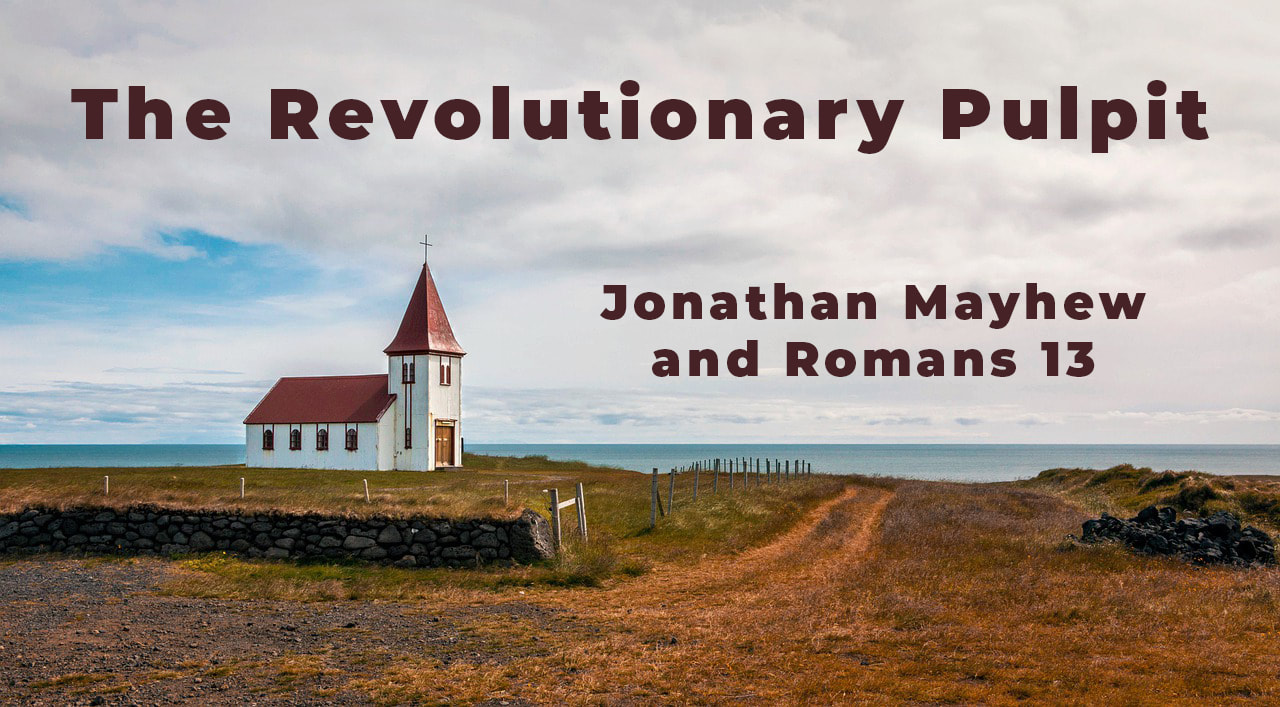


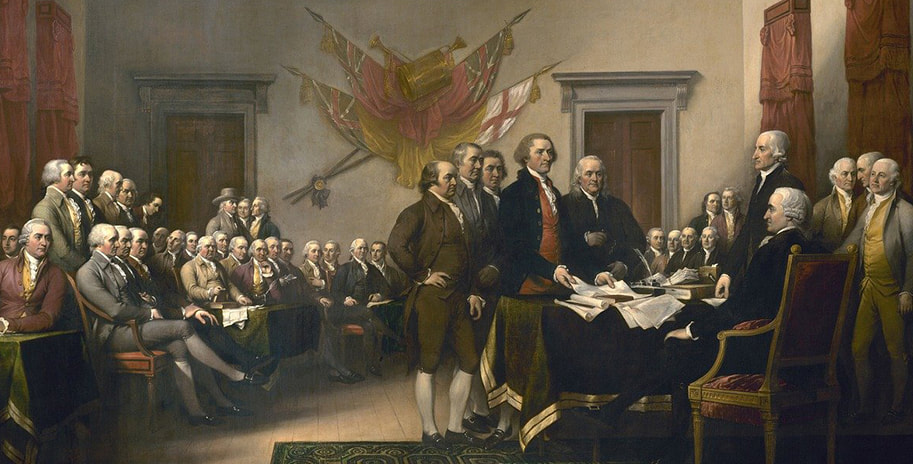
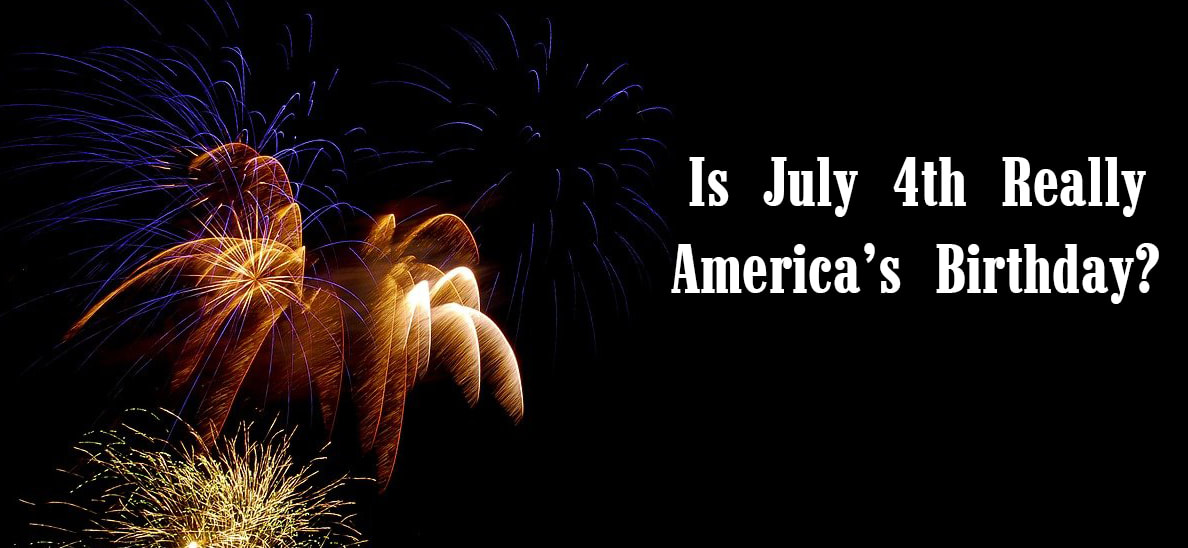
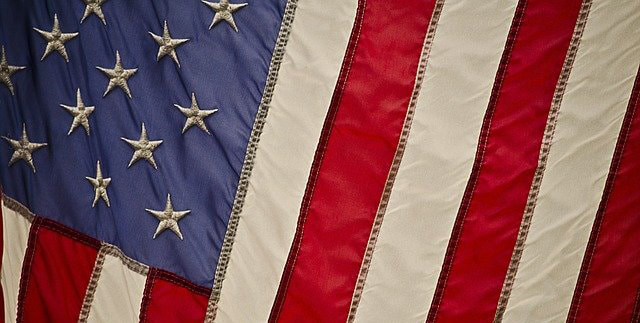
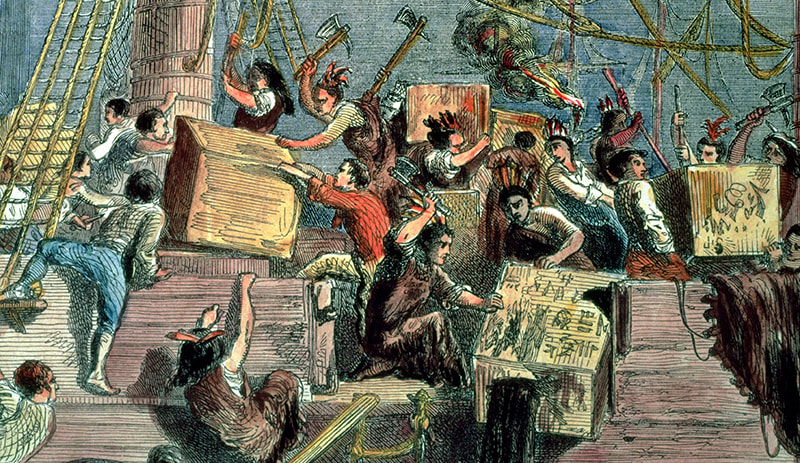
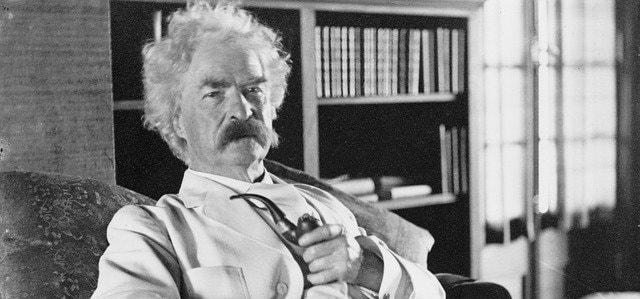
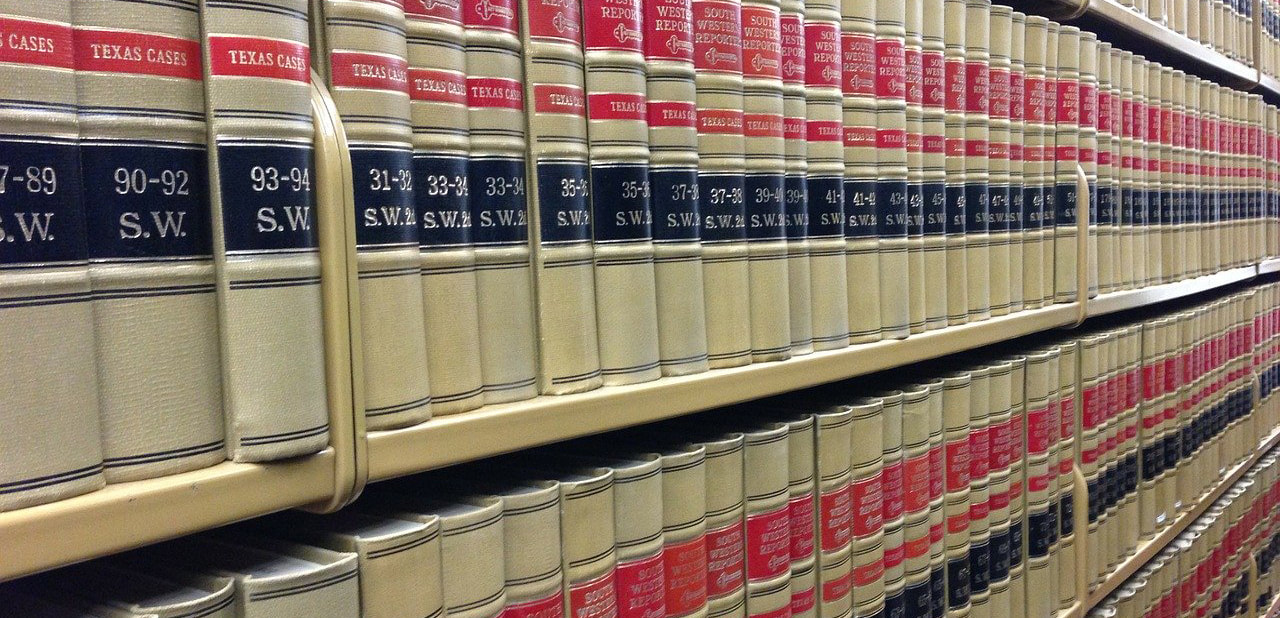

 RSS Feed
RSS Feed